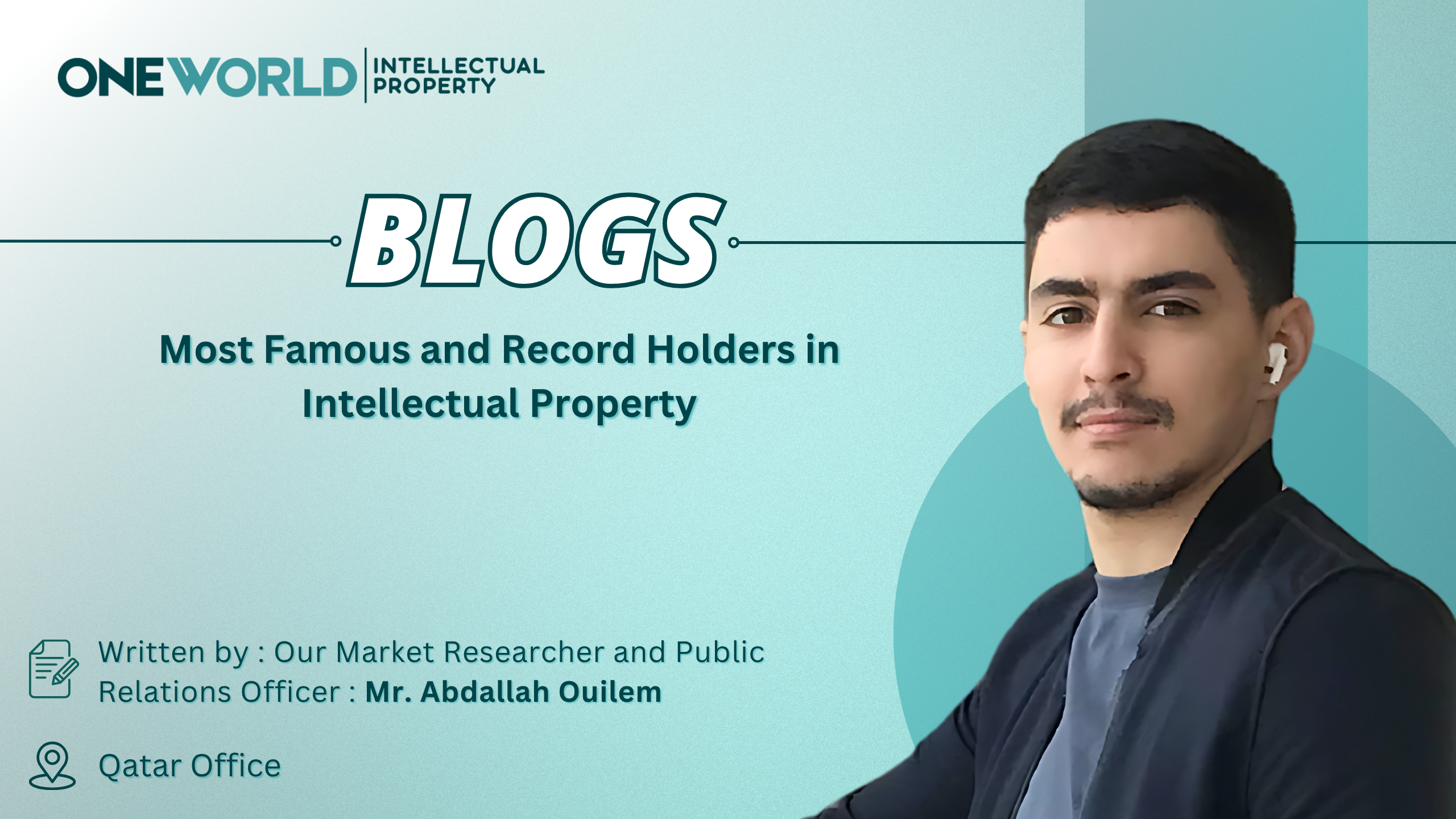
Adapting Intellectual Property Laws to the Digital Economy in the Middle East
The digital economy has transformed how businesses operate and how consumers interact with content and services. In the Middle East, the rapid growth of digital content, including social media, streaming services, and e-commerce, presents unique challenges and opportunities for intellectual property laws. This article explores the evolution of IP regulations in the region to accommodate the demands of the digital age.
The Middle East has witnessed a significant uptick in digital content consumption. With a high penetration of smartphones and internet access, platforms like YouTube, TikTok, Netflix, and regional streaming services have become popular among consumers. This surge presents challenges for IP owners, as digital content is easily shared and reproduced online, often without proper authorization.
Challenges to IP Protection:
- Copyright Infringement: The ease of sharing content on social media makes it difficult for copyright holders to protect their works. Content is often posted, reshared, and downloaded without acknowledgment or payment to the original creators.
- E-commerce and Brand Protection: The rise of e-commerce has led to an increase in counterfeit goods sold online. This presents challenges for businesses trying to protect their trademarks and ensuring that consumers are not misled by imitation products.
- Platform Liability: Many digital platforms serve as intermediaries for content sharing. Determining the extent of their liability regarding infringing content poses legal complexities, forcing lawmakers to balance between protecting IP rights and supporting free expression and innovation.
To address these challenges, several Middle Eastern countries are actively reforming their IP laws:
- Countries are updating copyright frameworks to specify protections for digital content. This includes recognizing the rights of creators and enhancing penalties for infringement, which often involves internet piracy.
- Robust trademark laws are being implemented to combat the sale of counterfeit goods online. This includes creating faster and more efficient mechanisms for brand owners to take action against infringers.
- Some countries are exploring legislation that clarifies the responsibilities of digital platforms regarding user-generated content. This could involve establishing safe harbors that protect platforms from liability as long as they take appropriate action upon receiving notice of infringement.
As the digital economy continues to expand in the Middle East, the adaptation of IP laws is crucial for fostering an environment that encourages creativity and investment while protecting the rights of creators and businesses. Ongoing reform efforts and collaboration among stakeholders will be essential in overcoming the challenges posed by rapid technological advancements and ensuring robust protection for intellectual property in the digital era
Written by: Shadya Awad – (Client’s Relation Manager) Certified Patent Valuation Analyst



